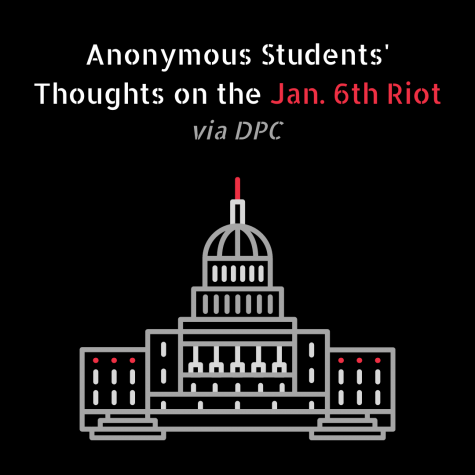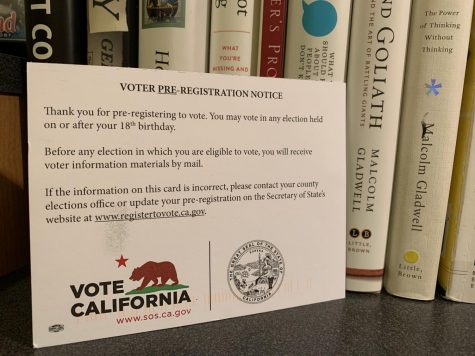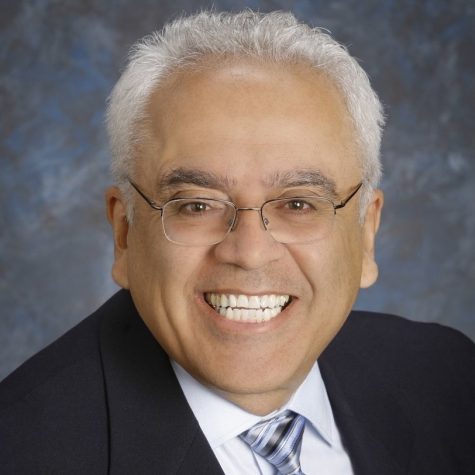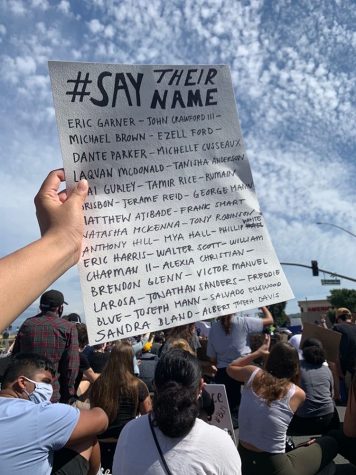Road to the Oval Office: First Presidential Debate of the Trump-Clinton Smackdown
On Monday, September 26th, 2016, the presidential race continued with both candidates participating in the first presidential debate of this year at Hofstra University in New York. Former Secretary of State and Senator Clinton and business tycoon Trump debated about their strongly contrasting policies and why they are the better candidate for the presidency. The debate was heated and the candidates had much to discuss over the course of 90 minutes. It was divided into 3 main segments: America’s Direction, Achieving Prosperity and America’s Security, with several other minor topics discussed in between.
The first segment addressed how each candidate planned to achieve economic prosperity in the US. Trump’s suggested course of action was to reduce taxes from 35% to 15%. He claimed that this tax cut on wealthy individuals and corporations would increase the number of jobs available in the United States, on the grounds that corporations would afford to staff more workers, which in turn would help the economy. He also argued that this tax cut would provide an incentive for businesses who currently manufacture their products in Mexico or China to reduce the production cost to bring their operations back to the US. This, he claimed, would increase the number of American jobs by establishing manufacturing plants in America. Furthermore, Trump stated he would increase import taxes in order to promote a nationalist trade policy. Clinton, on the other hand, advocated for raising taxes on the upper class in her belief that the wealthy must “pay their fair share” towards health care, education, and the military in America. She expanded her argument to include support for renewable energy, debt-free college, universal health care, and raising the minimum wage. The two candidates’ stances on economics clearly represent opposing American ideas on how the government should handle its citizens’ money in a time of economic turmoil.
The second segment raised the discussion of America’s Direction, beginning with race relations in the United States. When asked about how the police force tends to incriminate African-American and Hispanic people, Clinton responded by saying that trust needs to be rebuilt between races and the police need to be well-trained to respect the law. To sum it up, she firmly stated, “everyone should be respected by the law and everyone should respect the law.” Trump partially agrees with Clinton, but he believes that law and order should be of higher importance. He views stop-and-frisk, a policy in which police can randomly stop and screen passing people, as the best way to discourage crime, despite the tactic being ruled unconstitutional. Clinton responded by citing the inefficiency of stop and frisk, instead suggesting that guns should only be sold to those who pass more restrictive background checks. Both candidates had the same goal in mind, but their proposals on how to achieve those goals were the main point of contention.
The third segment was on America’s Security. Cybersecurity, being a major threat in today’s world, was addressed first in this section. Clinton contended that Russia was the country behind cyber attacks on the US, and accused Trump of encouraging Vladimir Putin to launch such attacks. Trump fired back that she could not assume that it was Russia; he suggested that the attacks could have come from China or from “someone sitting on their bed who weighs 400 pounds.” When security against ISIS was brought up, Trump went so far to declare that Obama’s poor decision-making led to the formation of ISIS, an erroneous assumption. In fact, President Bush signed the deal involving the troops in Iraq to leave,; Obama only announced it. Trump makes a loose accusation that Obama was the reason why the troops left Iraq, and because they left, ISIS was formed. There was a fierce dispute on whether Trump was for or against the war in Iraq, in which Trump made a strong stand saying that he did not support the war whatsoever. The North Atlantic Treaty Organization (NATO), an association of nations combatting international threats, was brought up and Donald Trump said they need to fight harder against ISIS, and that it was only because of his efforts that NATO created an anti-terrorist faction to fight ISIS and other terrorist groups. The conflict intensified when Trump insisted that he possesses better judgment and a more suitable temperament compared to Clinton. She responded by turning the accusation back on him, asserting that if Trump could be provoked easily by a single tweet, as he has been before, he should not be let anywhere near the nuclear launch codes. Trump also said that other countries must pay the expenses for NATO in the future because America is currently shouldering too much of the burden. When questioned about their position on making the first nuclear strike, both candidates maintained opinions strongly against such an action. Finally, when asked what each would do if they ultimately did not win the election, Hillary said she would support the choice of the people and uphold the democracy, while Trump agreed that he would still give his full support to Hillary.
Now, the big question is, who won the debate? Which candidate made better points and defended themselves best? After surveying a sample of Dublin High students, more than 85% said Clinton had definitely won. A Dublin High student had also commented that “Hillary Clinton stayed calm and gracious throughout the race. While she lagged behind Trump in the beginning, she exploited and made good use of his faults to make him angry and trip up.” The debate was reflective of this, with Clinton retaining a composed demeanor in spite of Trump’s angry tirades, whereas Trump often interjected, fidgeted, and nervously took sips of water. However, looking at online polls reveals a massive difference. More than 67% of the people in online polls thought Trump had won, while 33% of the people believed Hillary had won. The media, however, made the general consensus that Hillary was the winner. Despite this conflict, both candidates did a good job making their points as strong and believable as possible for the viewers to process and make their decisions on whom they support. Now it’s up to the voters to decide who is the better candidate.
Your donation will support the student journalists of Dublin High School. Your contribution will allow us to purchase equipment and cover our annual website hosting costs.

Vikram Nithyanandam is a student of the class of 2019. He loves to write articles on current issues and world news related to any political or economic...

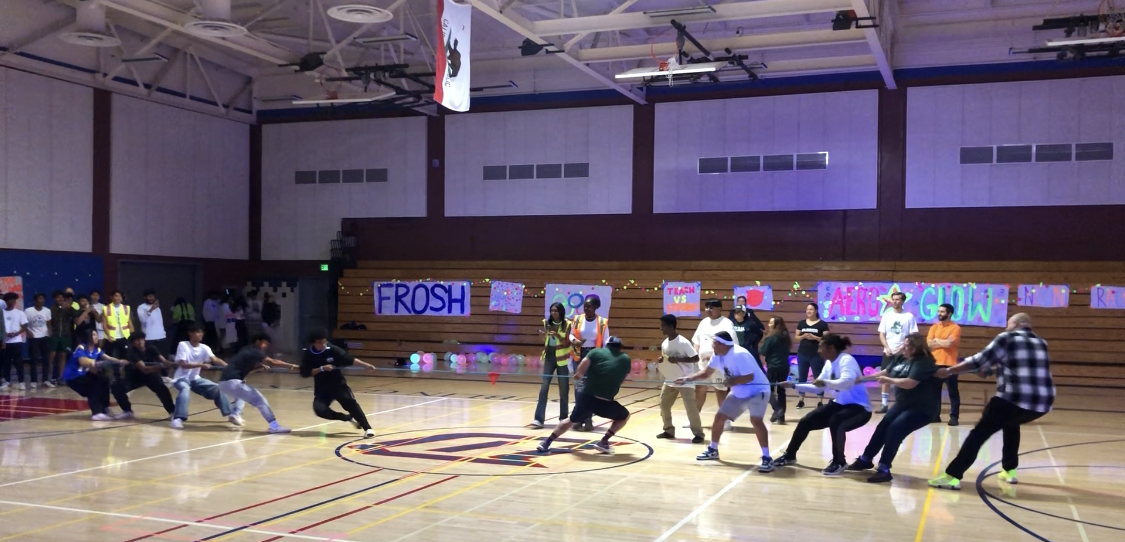

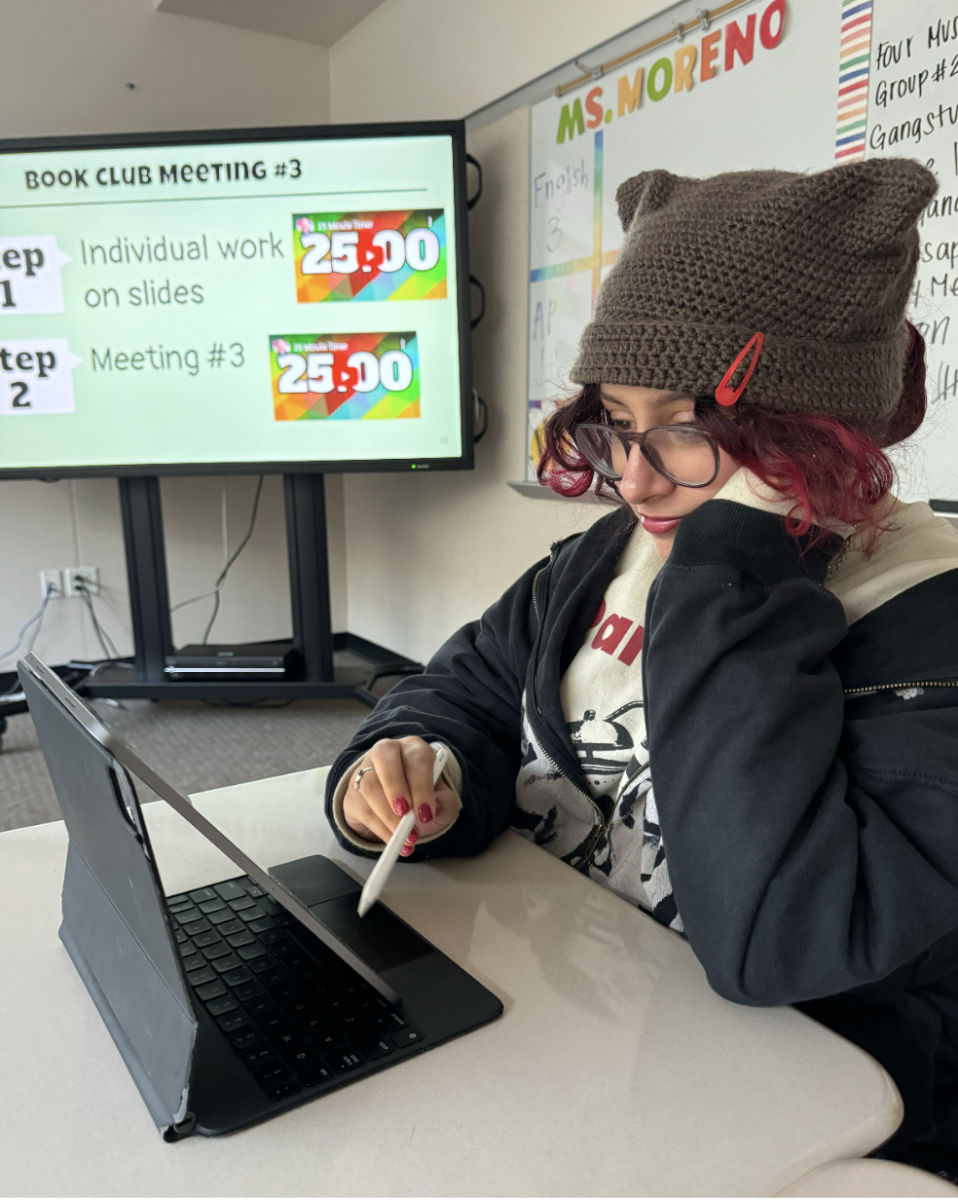
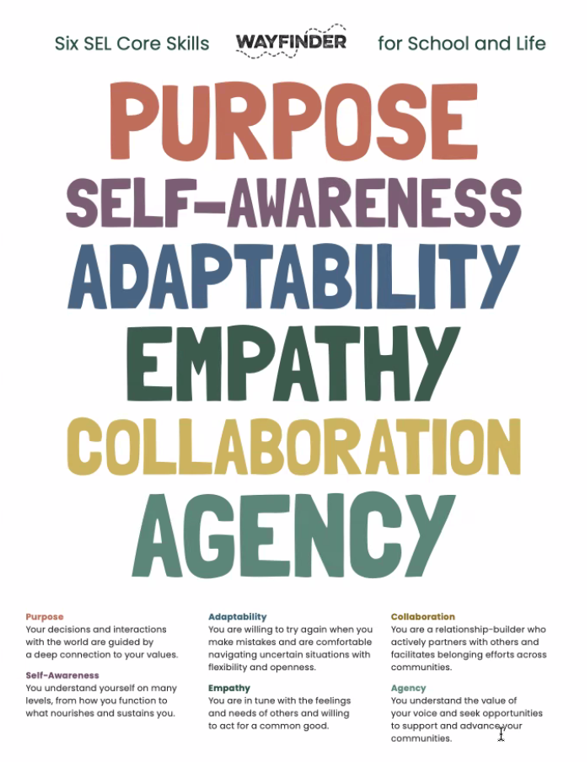




![[Book Review] Weapons of Math Destruction: The insidious danger of Big Data](https://thedublinshield.com/wp-content/uploads/2024/06/wmdsarticle-727x1200.jpg)















